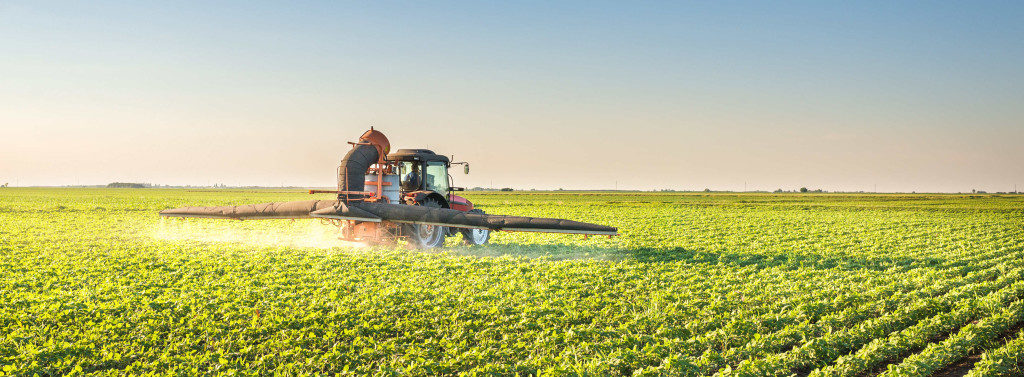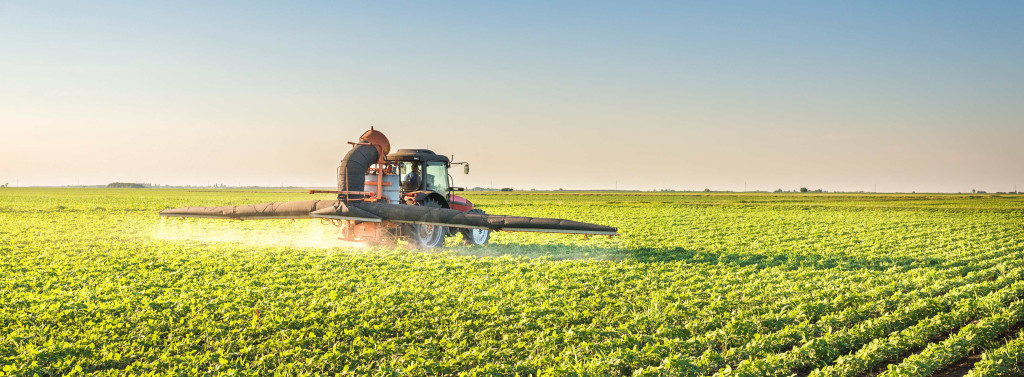In today’s talking points: New Australia beef marketing campaign launched; planning out Australia’s food future; China to tighten food safety regulations; China is a key market for Western Australia agribusiness exporters.
New Australia beef marketing campaign launched
Australia has recently launched a new beef campaign, aimed at inspiring consumers to eat more beef. The commercial starts in a local butcher’s shop and cuts to famous landmarks across Australia and around the world to show how customer’s request for ‘just’ a rump steak, which fails to do justice to the greatness of beef. The online piece features famous Australians such as cricket commentator Bill Lawry, award-winning actor Kate Ritchie and Olympic gold medalist Leisel Jones. MLA group marketing manager Andrew Howie said the new platform had been developed based on consumer insights, highlighting their drivers and barriers to consumption and the challenges they faced in meal selection and preparation. “Ultimately, our marketing needs to be effective and drive demand for beef – and, in turn, providing returns for our levy payers,” added Howie.
Read more at: globalmeatnews.com
Planning out Australia’s food future
CSIRO has released its Food & Agribusiness roadmap, charting a course for products, technology and innovation to secure future success in the sector. Speaking at the launch during the Australian Institute of Food Science and Technology’s (AIFST) 50th Anniversary Convention in Sydney, Assistant Minister for Industry, Innovation and Science, Craig Laundry, highlighted the importance of innovation and entrepreneurship in driving new economic growth in the industry. The roadmap plans to assist Australian food and agribusinesses with the desire to pursue growth and new markets. “Australian businesses are among the most innovative in the world, and together with our world-class scientists, can deliver growth in the food and agribusiness sector amid unprecedented global change”, said Dr Martin Cole, deputy director of CSIRO Agriculture and food.
Read more at: foodmag.com.au
China to tighten food safety regulations
According to David Mahon, chairman of Mahon China, the recent suspension of various import licences of Australian dairy products are not in pursuant of reducing trade competition but a genuine tightening around food safety regulations. Since the melamine-tainted milk scandals, China has been looking to improve its regulations around food safety.
Though Australian dairy products have a reputation for being reliable and safe, China is clamping down on fake products which claim to be from Australia or New Zealand. This issue is further complicated as a significant amount of the products come through the daigou route. Consequently, the Chinese government has made it a point to closely govern what is imported. Mahon sees this as an opportunity for Australian and New Zealand companies to build their brand awareness and loyalty. However, he notes that Australia and New Zealand failed to seize the opportunity as they were too focused on short-term trading.
With the tightening of food safety regulations, it is important for foreign companies to obtain verifiably controlled supply chains and to build brand awareness in China.
Read more at: The Australian
China – a key market for Western Australia agribusiness exporters
The Asian Market Success project organised by the Department of Primary Industries and Regional Development in Perth has identified China as a key premium market for agribusiness exporters. The project focuses on identifying the trends in the Chinese food and beverage industry and ways to successfully implement business strategies for business growth in China and Asia.
Andrew Kuiler, founder and CEO of The Silk Initiative, spoke at one of the workshops providing insights to WA agribusinesses on the strategies that have led growth in China and Asia. He mentions that being “clean and green” is now a requirement for entering the Chinese market and advises agribusinesses to stay updated with the Chinese policies and consumer trends.
Read more at: The West


